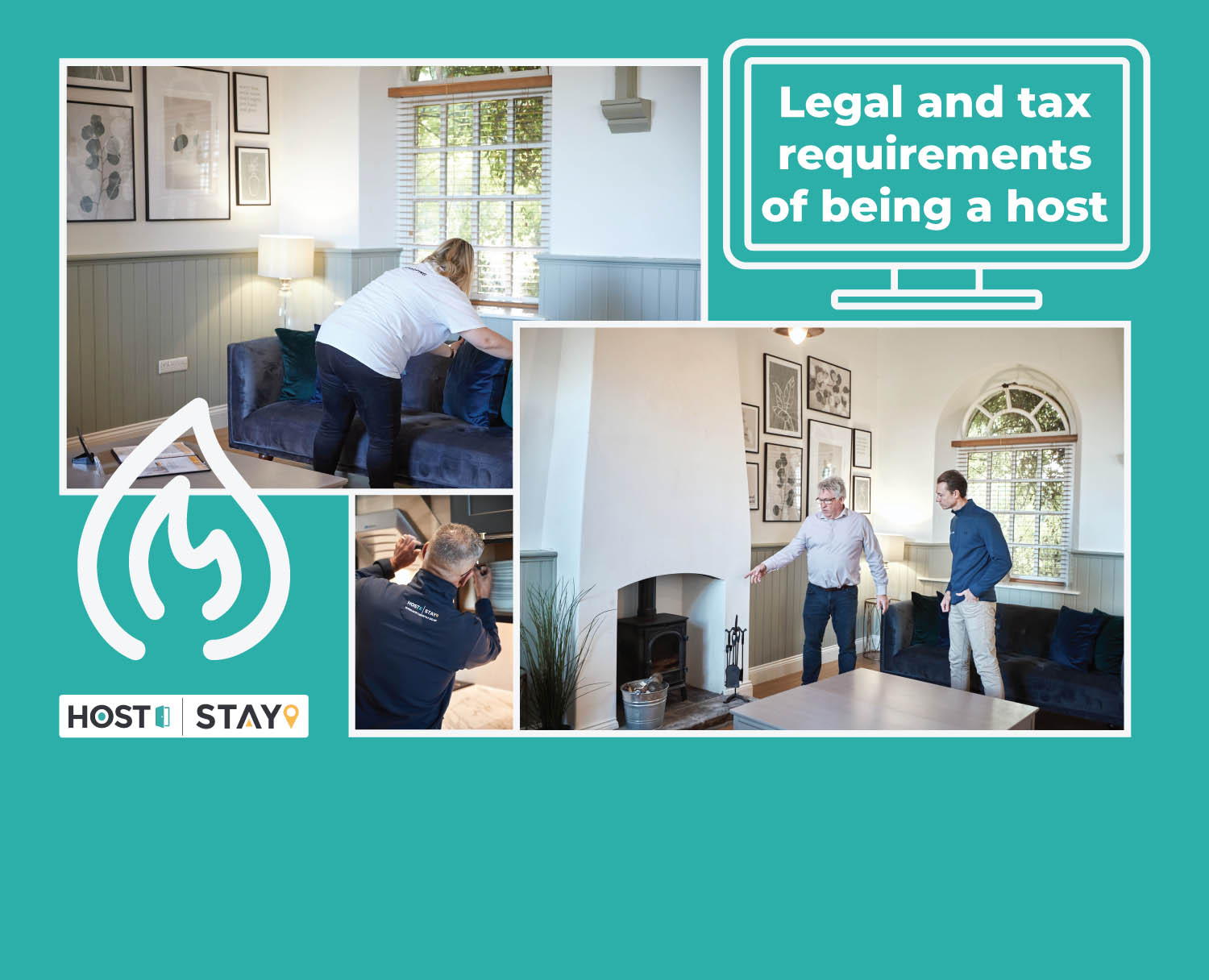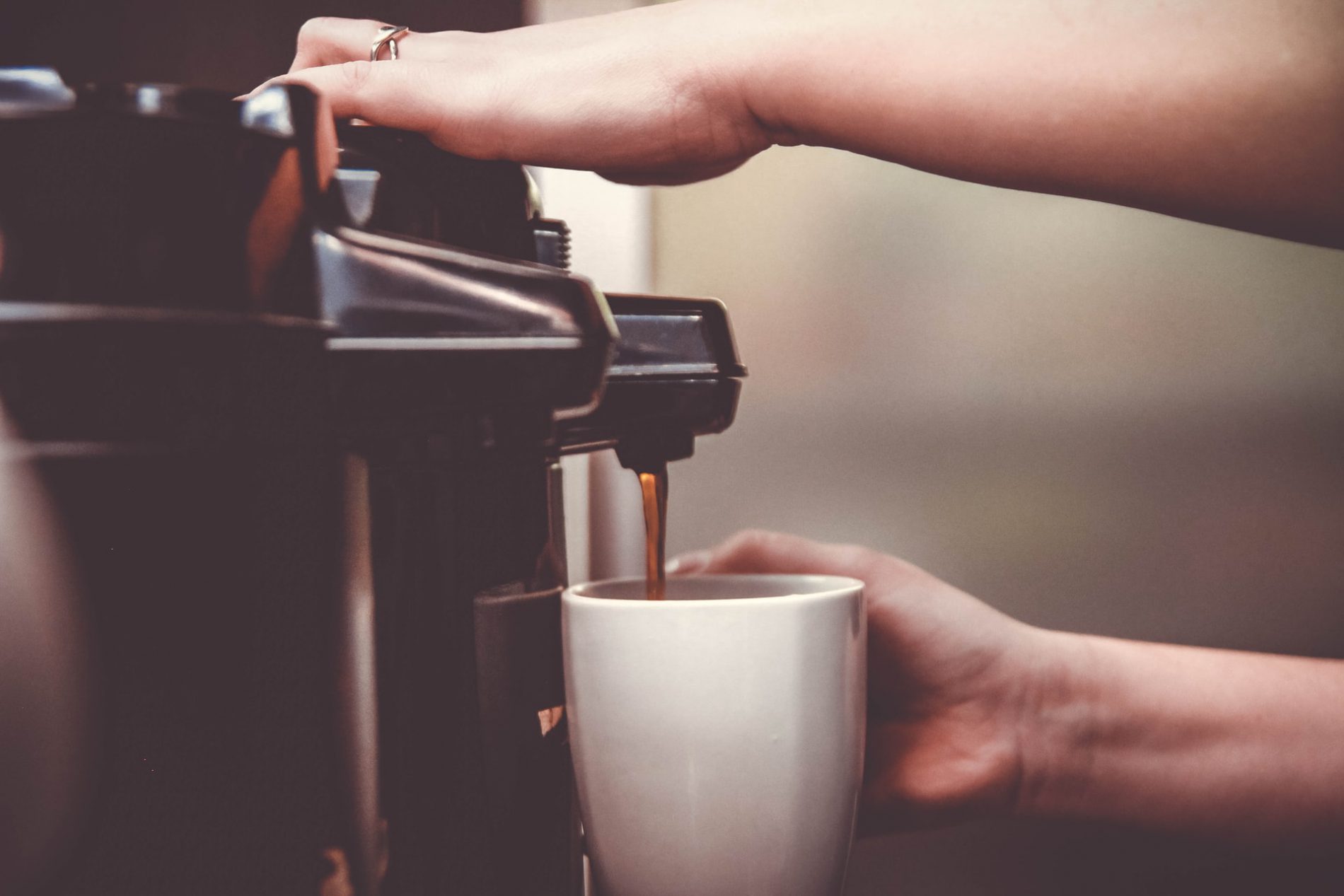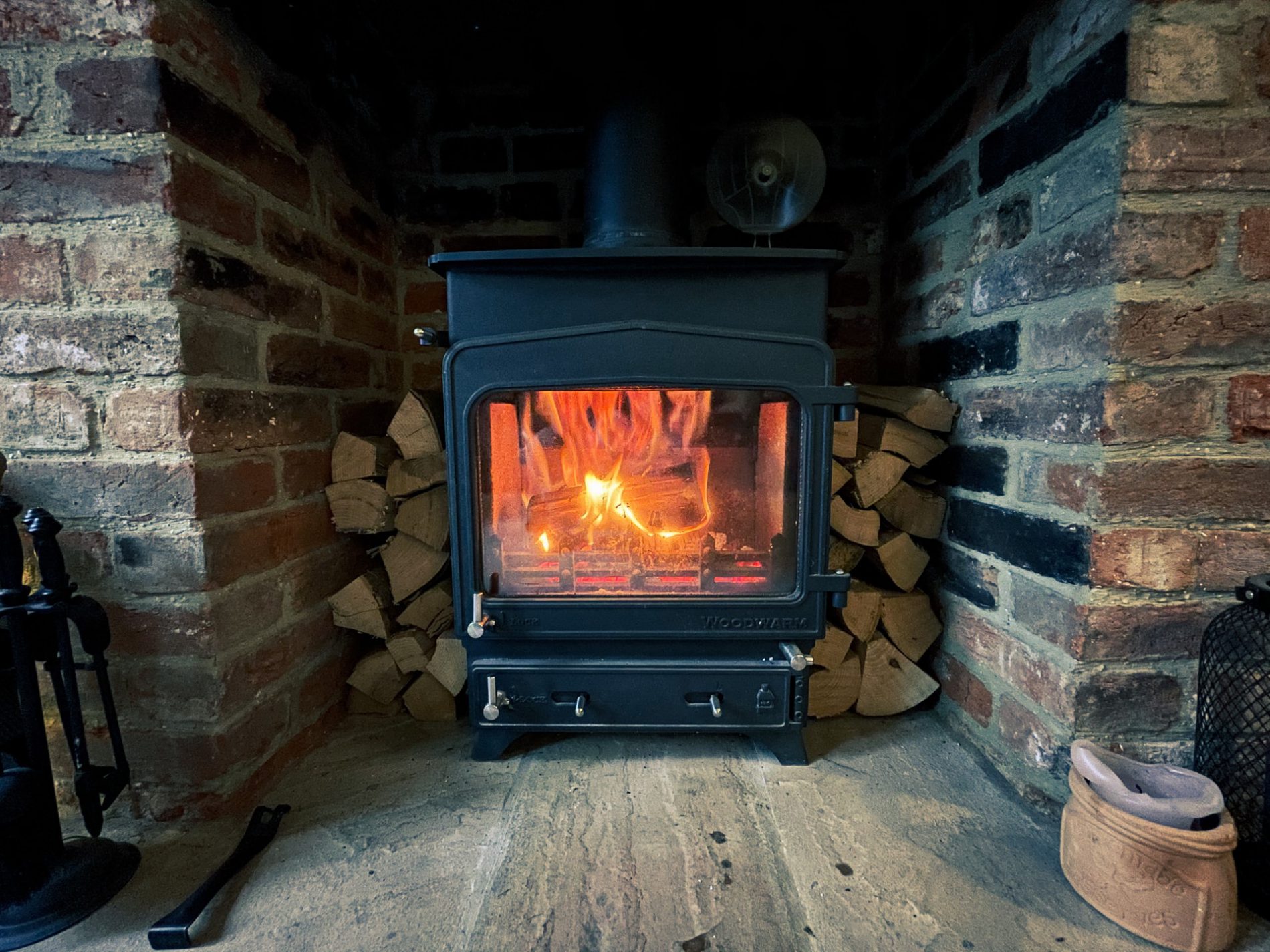
Your Guide to the Legal and Tax Requirements of Being a Host
Tuesday 26th October, 2021 by Host & Stay
Rental rates, paint colours, welcome packs – it’s likely that all the fun parts of running a holiday home will be at the forefront of your mind when you decide to take the plunge and become a Host.
And why shouldn’t they be? It’s an exciting time, but it’s important that in all the buzz, you don’t forget about the regulations that come with letting out your property.
These laws and rules are in place to protect you, your property, guests and, if you have any, employees, so they need to be followed to the letter.
But we understand it’s not always that simple – a lot of jargon can surround the rules and regulations of letting out holiday property, so we’ve created a simple guide to help you get it right.

Furniture
First up, the furniture in your property needs to be more than just comfortable: the law states that furnished accommodation must comply with the Furniture and Furnishings (Fire Safety) Regulations 1998 (amended 1989, 1993 and 2010).
This applies to all upholstered furniture, including beds, headboards, mattresses, sofa beds, cushions and pillows, and means these items must meet specified ignition resistance levels and be suitably labelled.
More information on the specific regulations can be found here.

Electrical goods
Similar legislation, set out in the Electricity at Work Regulations 1989, also states that all electrical systems in the property are maintained, to avoid potential danger to those using the premises.
This covers circuits and fixed installations such as lighting and ovens, as well as portable appliances like TVs and kettles.

Fire safety
Organising a thorough fire risk assessment – an organised review of your property and the prospect of a fire – should be one of the first things on your list when letting. Not only is it a legal requirement, but it’s also a potentially life-saving evaluation which ensures you provide a duty of care to guests.
If you have an open fire or log burner, it’s usually a requirement that the chimney must be swept at least once a year.
It’s also worth installing other fire safety measures such as extinguishers and fire blankets, as well as the necessary smoke alarms.
The Government website provides more support and information on fire risk assessments.

Gas safety
If your let contains any gas appliances, it’s a legal requirement to ensure that these are correctly installed, well-maintained by certified Gas Safe engineers, checked on an annual basis, and that correct alarms are fitted.
It’s also your responsibility to ensure their fittings, flues and chimneys are maintained too.
The Gas Safety (Installation and Use) Regulations 1998 provide further details on the laws and duties for Hosts.

TV licensing
Almost all holiday homes will have a TV in them nowadays – but did you know you need a particular license in order for your guests to watch live or stream programmes?
As an owner, you must apply for a Hotel and Mobile Units Television License, which is needed regardless of how the programmes are being viewed, including on devices such as laptops and tablets.
General health and safety
In addition to all the above legislation, the General Product Safety Regulations 2005 make it a legal requirement that holiday home owners only supply ‘safe’ products to their guests – vague, right?!
In this case, a ‘safe’ product is defined as ‘any product which under normal or reasonably foreseeable conditions of use presents no risk or only the minimum risk compatible with the product’s use and which is consistent with a high level of protection for consumers’.
No formal testing is required under this legislation, so it is suggested that common sense prevails – check your products regularly and repair any damage, make sure furniture and wall fittings are secure, tuck away cables and any other trip hazards, and ensure there are no hazardous objects around.
It’s a good idea to keep some form of record of these checks as evidence that suitable assessments have been carried out.
The regulations also require you to provide guests with any relevant information, warnings or instructions for operating products or appliances in the property.

Tax
Holiday homes can be a great earner, providing extra income and even as much as a monthly wage in some cases – but how will it affect your tax payments?
Well, in terms of the property itself, rates and taxes on a holiday home differ from residential. If your property is in England, and available to rent for 20 weeks (140 days) or more, you must be registered for business rates property tax.
The rules do differ slightly in Wales; your property will be valued for business rates if it’s both available to let for a total of 140 days and is actually let for a minimum of 70 days.
The Valuation Office will work out the rateable value of your property based on its type, size, location, quality and how much income you’re likely to make from it, before your local council sends you a business rates bill in either February or March each year.
To get a head start, you can estimate your business rates bill using the calculator here.
In terms of your personal tax payments, you’ll need to complete a Self Assessment tax return, as you would if you were a residential landlord. The good news for holiday home Hosts, though, is that you may qualify for a number of tax benefits.
This includes capital allowances on furniture, furnishings and so on in the property, as well as other equipment used, and Capital Gains Tax reliefs.
Got any questions? Get in touch with our team, who will be happy to help with any queries on regulations around setting up your holiday home.
Get In Touch Today